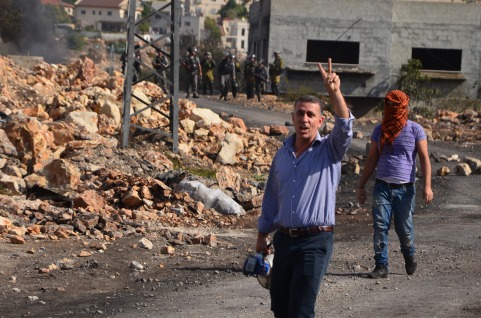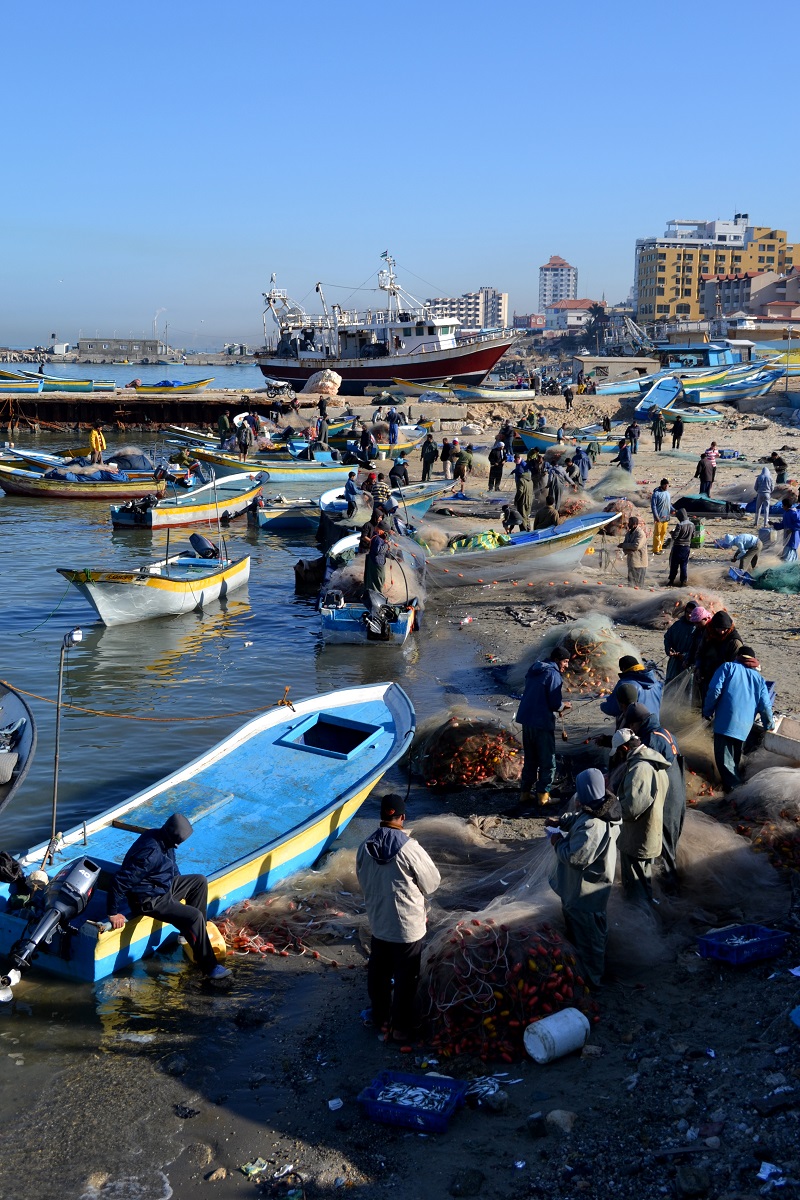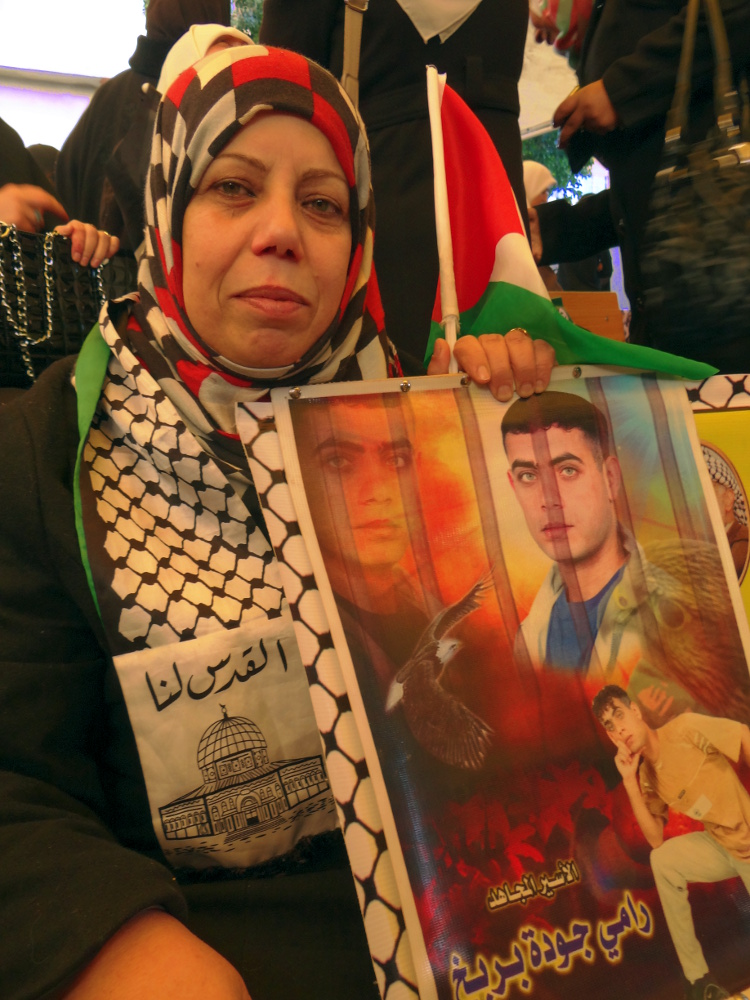Category: Reports
-
UPDATED: Murad Eshtewi, head of the Popular Committee of Kafr Qaddum, has been arrested
21st December 2013 | International Solidarity Movement, Nablus Team | Kafr Qaddum, Occupied Palestine Second Update 24th December: A military judge has ruled that Murad Eshtewi will be released from prison with a 7000 NIS bail. Nery Ramati, Murad’s lawyer, argued that it was unreasonable to continue to hold Murad for interrogation as he had not been…
-
Gaza: “Free the Holy Land sea”
23rd December 2013 | International Solidarity Movement, Rosa Schiano | Gaza, Occupied Palestine “Free the Holy Land sea” was a three-day protest by fishermen in Gaza which began on Tuesday, 17th November. The fishermen, supported by the Palestinian Center for Human Rights and al-Mezan Center for Human Rights, set up a tent at the Gaza…
-
At Gaza sit-in for detainees, Um Rami and Um Dia’a hope sons will be released next week
17th December 2013 | Resistenza Quotidiana, Silvia Todeschini | Gaza, Occupied Palestine Every Monday, activists and relatives of political prisoners in Israeli jails attend a solidarity sit-in inside the courtyard of the International Committee of the Red Cross in Gaza. The perseverance of these women and men, who have met here every week for eighteen years,…



